Ricardo Lema: "Leisure and recreation are essential to ensure well-being and promote humanizing experiences"
Ricardo Lema, an expert from Uruguay on methodologies and practices for education and sociocultural action, will take part in the round table of the first international congress on leisure and sociocultural action.
In this congress, which will take place in Catalonia on 3 and 4 November, he will give his opinion on how these methodologies should be implemented, but we have interviewed him before the congress to tell us what he expects from this, what is the reality in Uruguay in terms of leisure and how this can contribute to the 2030 agenda.
What do you expect from the congress?
In Latin America there is great development in the field of educational leisure (although in our region we usually call it educational recreation), but we are not always able to generate adequate synergies with the various initiatives that take place in Spain.
I believe that this event will be an opportunity to bring together experiences from both regions and begin to build an Ibero-American vision.
What do you hope to contribute?
We would like to contribute to enriching the field of educational leisure with the diversity of perspectives and experiences that we have to contribute as a region.
And in particular, I hope to contribute to incorporating the ludic dimension in the leisure educational experience, since this is a category that has a lot of development in Latin America. Cultural practices and experiences, mediated by the playful potential of our communities, is one of the aspects that most stands out for us as a regional approach.
I have read in your CV that you got a doctorate from the University of Deusto in leisure and human development, how has your line of research in leisure and recreation progressed?
My line of research has to do with the pedagogical and didactic aspects of the intervention of and for leisure and free time. We generally assume intentionality by adding the adjective “educational”.
We talk about educational recreation, educational leisure, educational camps, educational games...but we do not always reflect on how we educate through these proposals.
As an expert, could you explain how these methodologies and practices should be and be implemented?
In my thesis I propose a model of deliberative didactics, in which an educator in leisure must critically reflect on the following dimensions of his intervention: what are the ethical and pedagogical principles on which it is based; what factors stimulate learning in these proposals; what are the competencies that are sought to be developed in the participants; what contents, activities and methods are appropriate to carry out the proposal; and what evaluation strategy is appropriate to guarantee this learning.
This implies assuming that the intervention in leisure is a long-term process, focused on the training experience around leisure experiences, where the community is the protagonist in the construction of its own free time satisfiers.
We define ourselves from the field of educational recreation, understanding it as a pedagogical practice that intervenes in the possibilities of enjoying free time in a group or community, mobilizing the playful capacity of the subject to recreate their environment, thus creating better conditions for the participation of the community in its own human development, in a gradual process towards the construction of the autonomy of all the subjects involved.
What are, in your opinion, the current challenges of educational leisure and sociocultural action?
I believe that the first thing is to take challenges as opportunities. The COVID-19 pandemic and the physical isolation that we had to assume many times, showed that leisure and recreation are essential to ensure well-being and promote humanizing experiences.
One of the challenges that we must better understand are the audiences that our proposals are focussed on. I think we suffer from activism, we act a lot but we don't analyze or reflect enough.
What do you propose should be done then?
Educational recreation proposals compete with the rest of the leisure offer, which thanks to technology and social networks is increasingly abundant and diverse. The designers of a video game spend months studying the psychology of the player and we continue to design proposals that are based on our own experience as users, which occurred many years ago.
It is not enough to identify needs, we have to learn to understand the leisure profiles that condition interests, motivations and attitudes in our free time, the personal and structural barriers that condition their participation.
Speaking of which, do you think technology will be important in the laisure?
Yes. Another challenge to highlight is how to take advantage of the mediation that technology allows us. Assuming that our interventions do not always go through direct action, but also by designing devices that contribute to creating a favorable environment for subjects to develop learning. We have to incorporate the design of environments (face-to-face and virtual) into our professional profile so that it is the subject who assumes the leading role in their training.
Following one of your research line’s, 'Educational Recreation as a Training Project', in which you highlight how recreation has been growing in Uruguay from a socio-educational intervention approach, what is your way of seeing reality in Uruguay regarding non-formal education?
There are many proposals for non-formal education in Uruguay and they have an important tradition. But they have not yet achieved social recognition or professional legitimacy, which is clear when it comes to accessing resources. Public investment usually privileges other types of needs when well-being as an intrinsic benefit of leisure experiences should be a sufficient reason to justify investment in these proposals.
When hiring human resources to carry out these proposals, people with experience or people identified with the institution are targeted, rather than considering their specialization in the subject.
Achieving the legitimacy of the professional role is something that has taken a long time.
What are the obstacles?
The role of the State continues being important, as executor of programs or as financier of proposals that various civil society organizations carry out. But there is no articulation of strategies that allow a better use of resources.
On the other hand, there are very valuable experiences, but there is little systematization and there are not always spaces for exchanging experiences that generate shared learning.
Is this reality away from the one we have here in Spain?
I would need to know better the reality of Spain, to answer this. But I dare to say that it is not such a distant reality since we share many things in common thanks to historical ties and mutual migrations.
Both countries are today recipients of immigrant groups and the problems of youth leisure are similar: substance use, digital leisure...and also an aging population, which poses particular challenges for the intervention of leisure.
What can educational leisure contribute within the framework of the objectives of the 2030 agenda?
Educational leisure has much to contribute to the different objectives of the 2030 agenda. When we intervene in the leisure experiences of the community, and we do it from the ludicity of the subject, we propose to recreate on three levels.
In first place, recreate the look we have of our environment, which implies transforming local and global culture, transforming the link with our habitat and establishing a new pact with nature.
In second place, recreate the links we establish with those we interact with on a daily basis, redefine the forms of coexistence and new ways of exercising our citizenship. And last but not least, recreate the self, the way I perceive myself, redefining my own identity.
How do you imagine educational leisure 10 years from now?
I believe that leisure will continue to grow as a significant experience of the person, the challenges will be greater and therefore the recognition of the need to address these challenges educationally will be greater. It will be a scenario mediated by technology.
We have to start thinking about digital playgrounds, align activities in nature with the Green curriculum proposed by UNESCO, ensuring the development of skills for a sustainable world, and think about educational leisure throughout life, with special focus on aging, which increasingly involves a higher percentage of the population. I believe that we will experience a great transformation in a very short time.
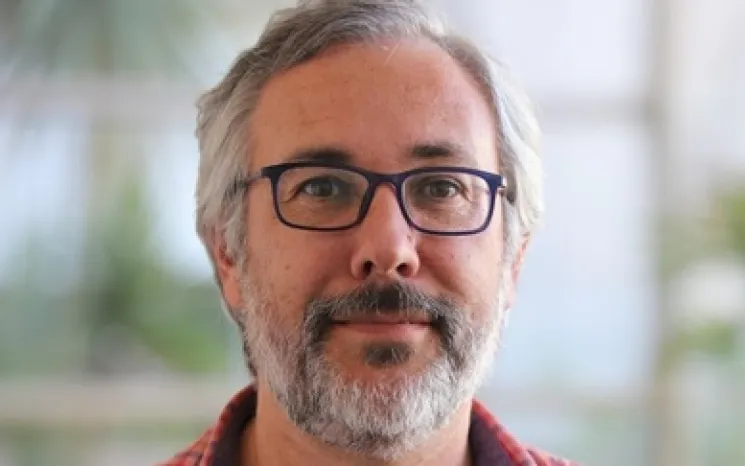
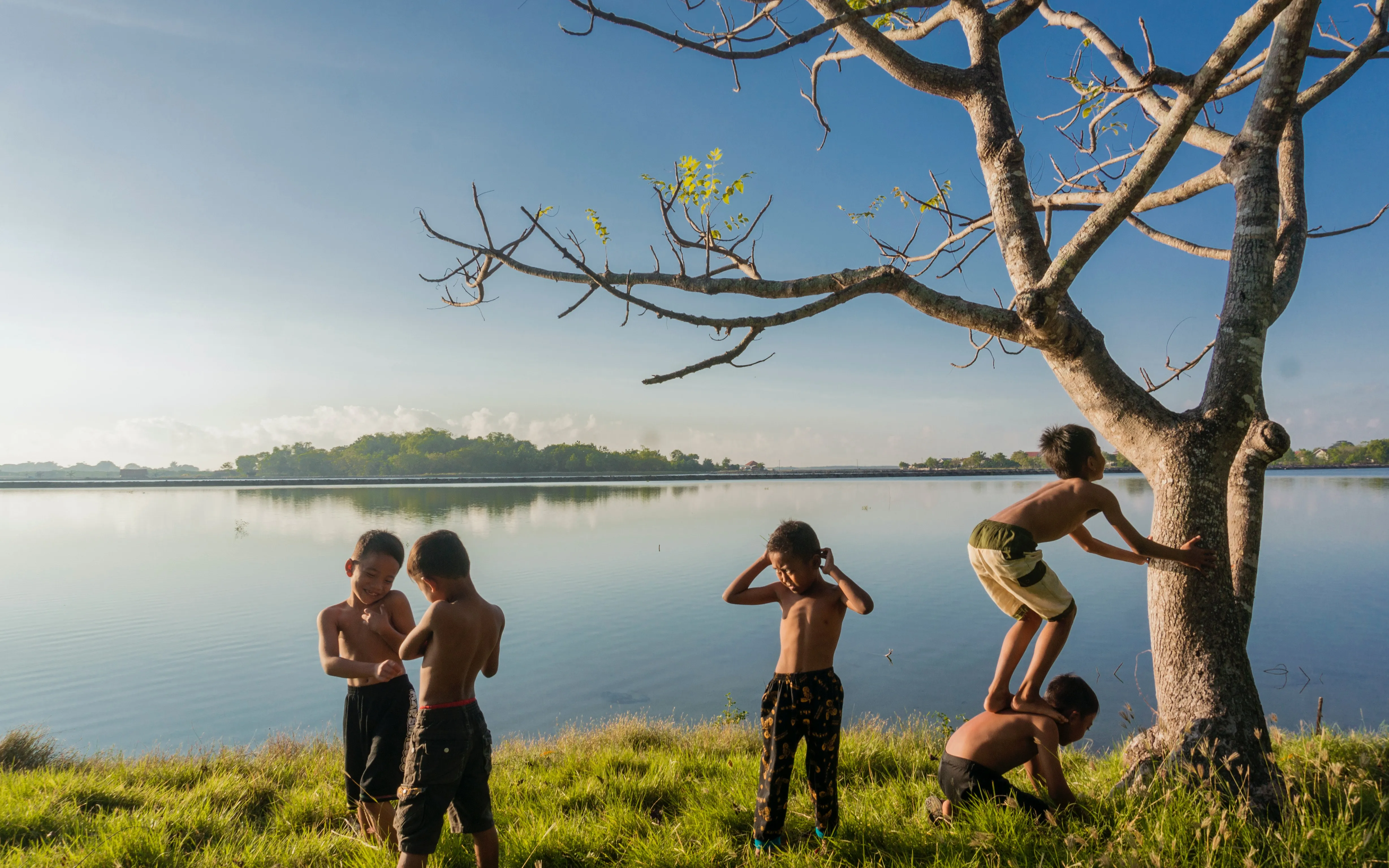


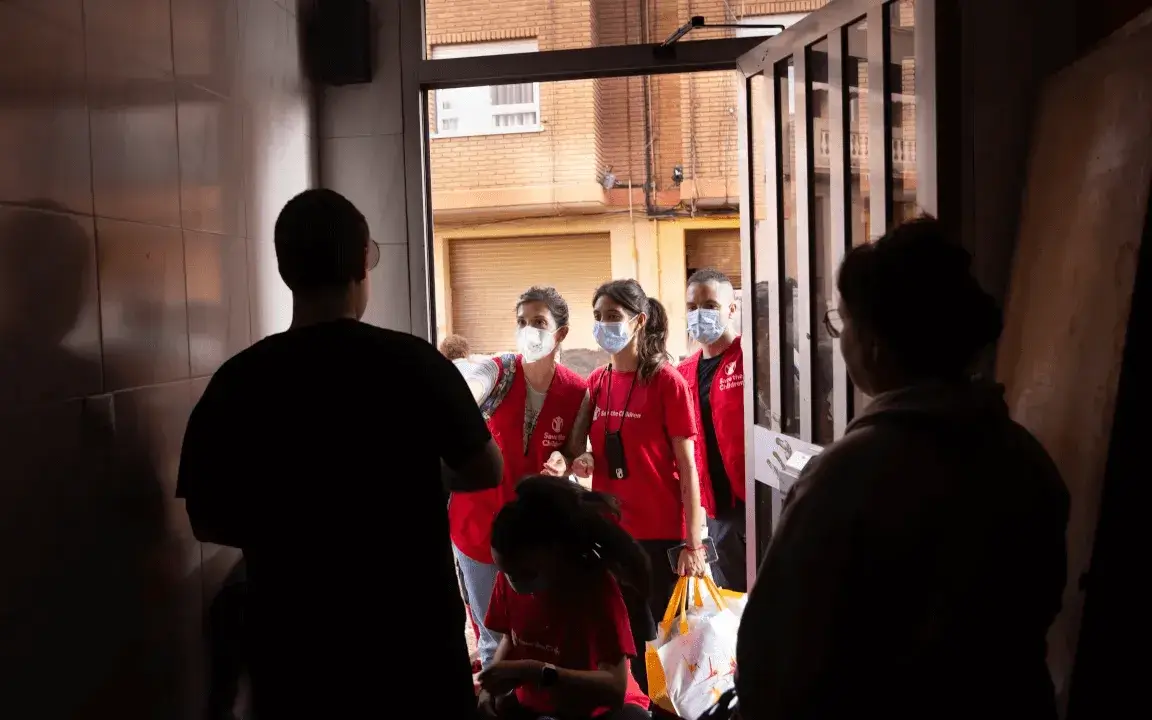
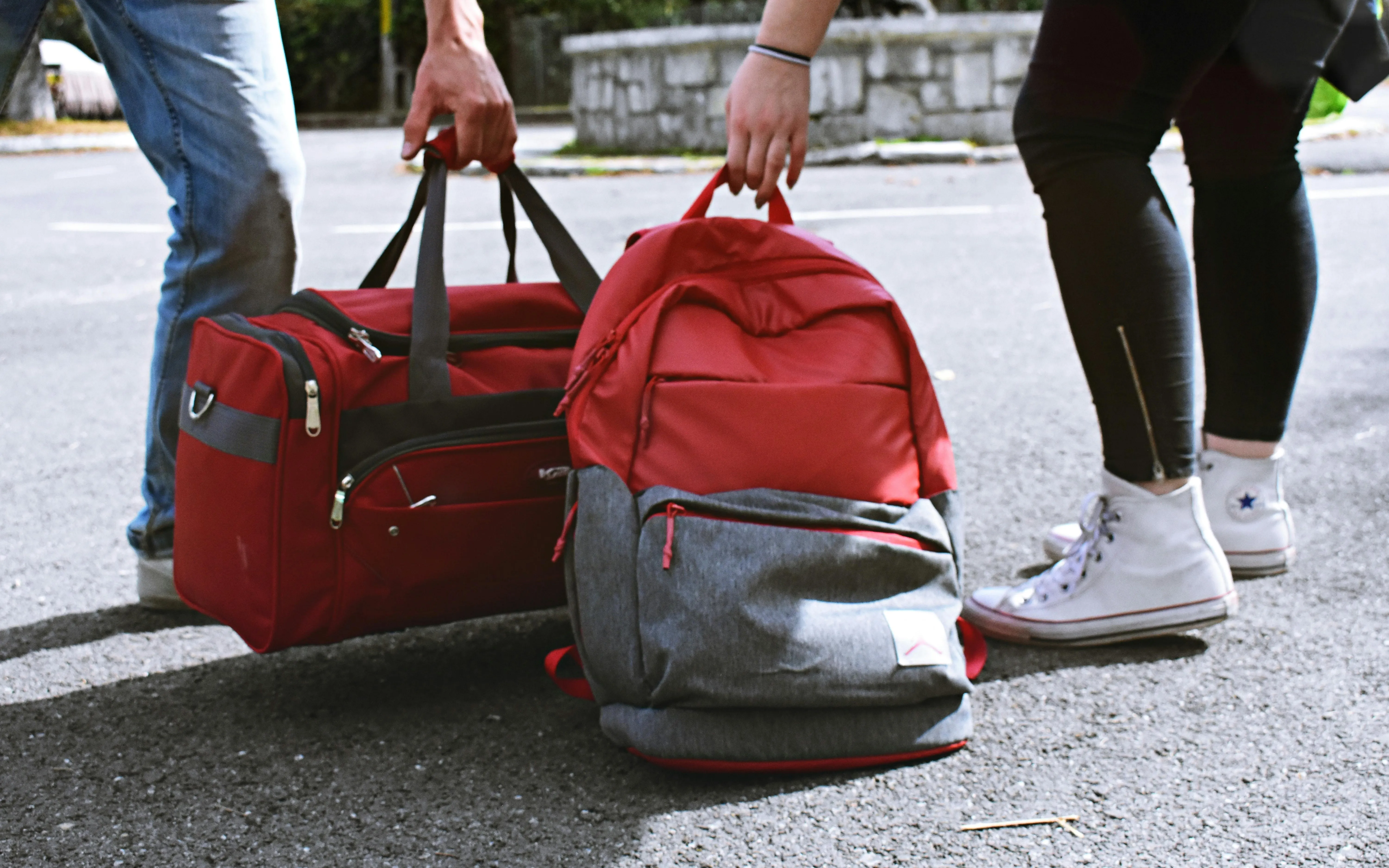
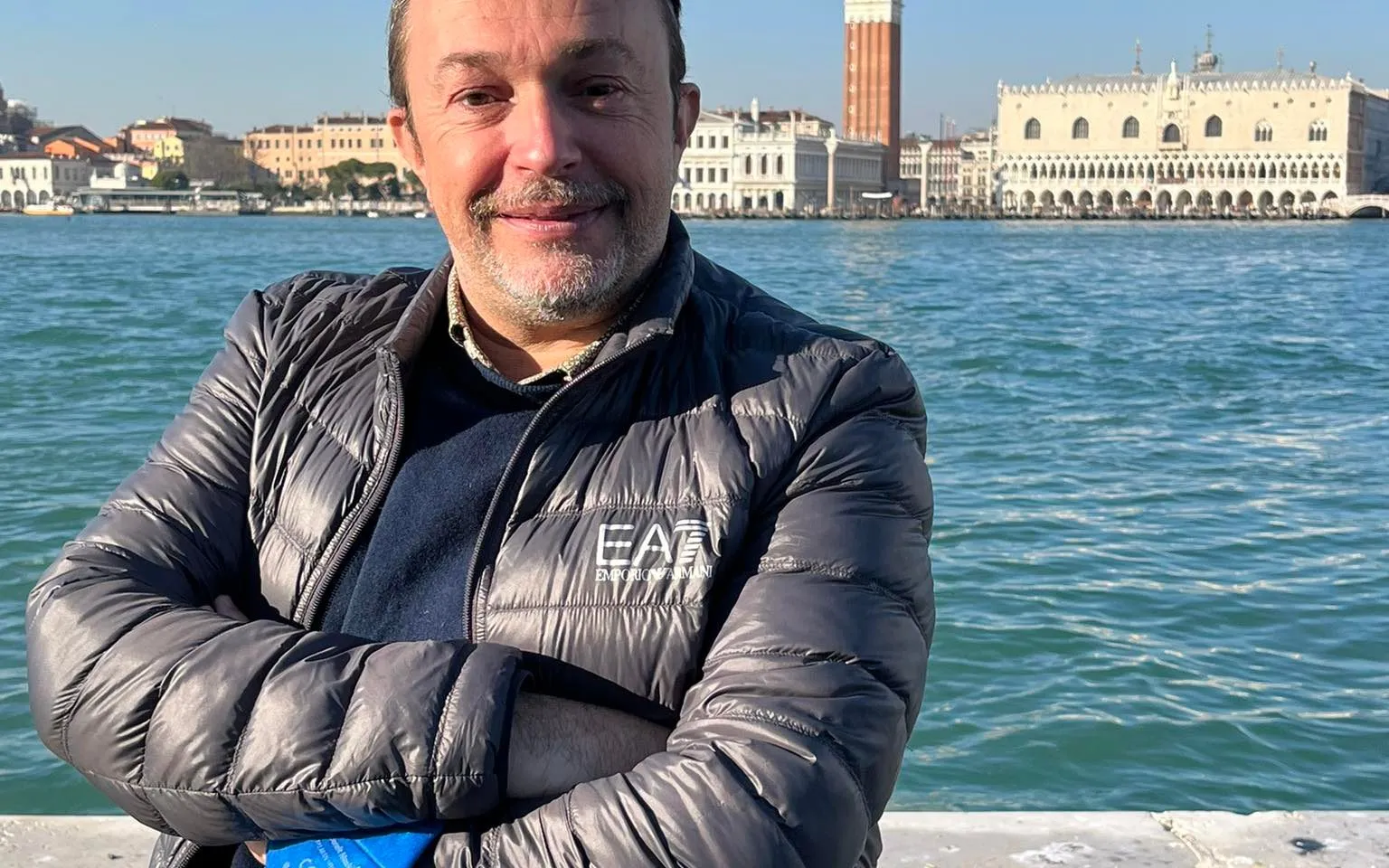
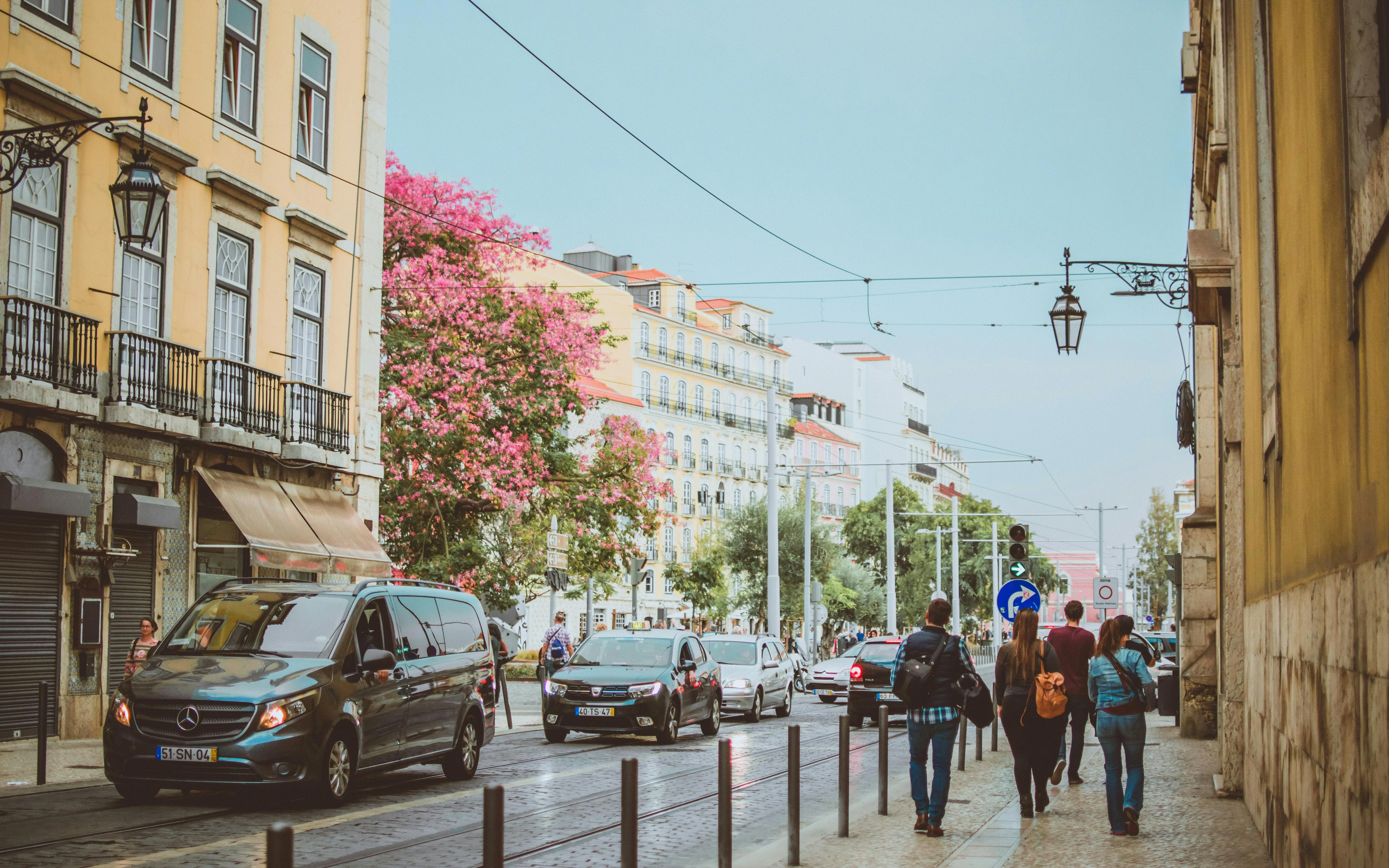
Add new comment